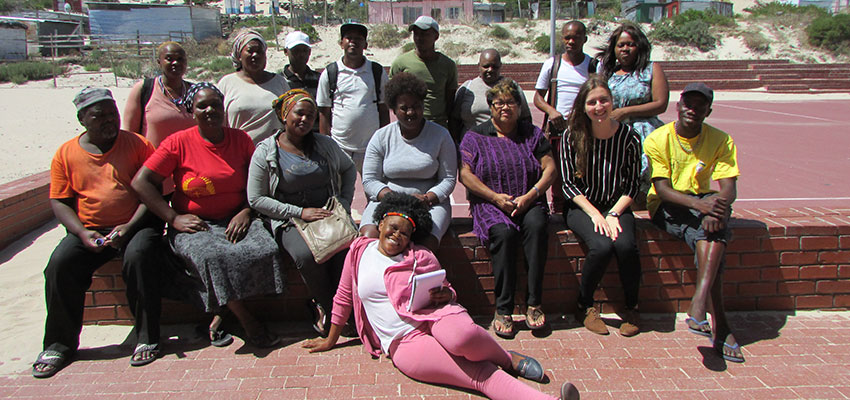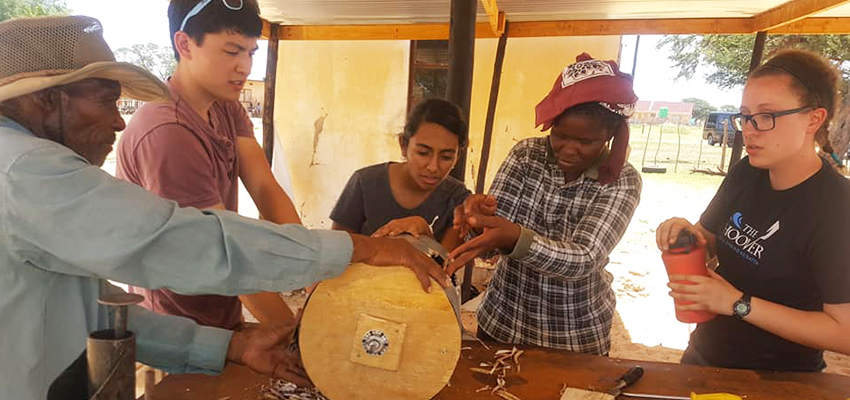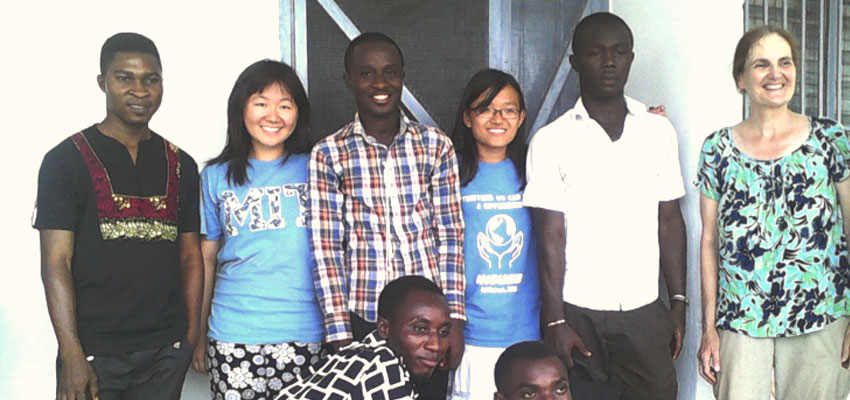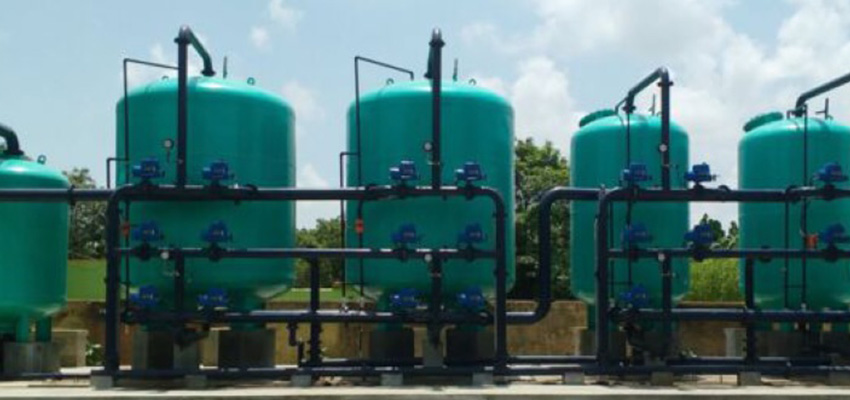
Supporting defluoridation efforts in Nakuru, Kenya through two sub-projects: a community-based initiative with EmpꓥVolve to co-develop a fluorosis impact survey and educational toolkit, and a willingness-to-pay study evaluating community preferences for safe water access at a smart-metered kiosk.
MIT D-Lab class
D-Lab: Water, Sanitation, and Hygiene (WASH) 2025
Community partners
- EmpꓥVolve, Ruth Wambui Wagatua - Founder and Steward
- Harbauer Kenya Water Solutions, Ltd, Johannes Muenz - Managing Director
Team
- Meher Kaur ’26, Master of Public Policy (MPP), Harvard Kennedy School
- Isbah Premjee ’26, Master of City Planning (MCP), MIT
- Alessandra Rodriguez Mercado ’26, Master in Urban Planning (MUP), Harvard Graduate School of Design
- Chloe Smith ’25, Bachelor of Science (BS) in Urban Studies and Planning, MIT
- Sarah Wang ’25, Master of Public Health (MPH), Harvard T.H. Chan School of Public Health
Problem framing
Fluoride contamination is a persistent public health challenge in Kenya, particularly in regions where communities rely on untreated groundwater and lake water with naturally high fluoride levels. This prolonged exposure can lead to fluorosis, a potentially serious condition that affects both teeth and bones in two main forms:
- Dental fluorosis: causes tooth discoloration and, in severe cases, enamel damage that increases the risk of decay
- Skeletal fluorosis: weakens bone structure, leading to brittleness, joint pain, and higher fracture risk
Beyond its physical effects, fluorosis can also cause significant social and economic consequences, including stigma from visible dental discoloration, missed school due to chronic pain, limited employment opportunities from mobility challenges, and increased healthcare costs.
Despite these impacts, fluorosis remains underdiagnosed and poorly understood at the community level, primarily due to low health literacy and limited access to affordable fluoride-free water. Our project directly targets these barriers.
Our approach
We collaborated with two local partners to address the educational and behavioral barriers that prevent safe water access: EmpꓥVolve for community health education and Harbauer Kenya for behavioral analysis.
EmpꓥVolve collaboration – community education & impact assessment
EmpꓥVolve is a nonprofit organization that empowers fluorosis-affected communities in Nakuru County through health education, advocacy, and sustainable WASH initiatives. To support their health curriculum, we co-developed the following:
- Educational tools: low-literacy visuals created to support trainer-led sessions, reinforce key messages, and enable peer mentoring through take-home materials, with the aim of strengthening community education
- Community surveys: designed to assess demographics, water use, and local understanding of fluorosis, to help inform and scale future workshops
Harbauer collaboration - willingness-to-pay study & smart meter analysis
Harbauer Kenya is a social enterprise that expands access to safe, fluoride-free drinking water in rural areas by producing, installing, and promoting the use of HAPaqua filtration systems, primarily in schools and hospitals. To support their efforts and explore how communities make decisions around water use, we conducted:
- Behavioral surveys: designed to assess willingness to pay (WTP), price sensitivity, and how factors like taste, health awareness, distance, and affordability influence adoption, with the goal of informing more sustainable pricing strategies
- Smart meter analysis: spatial mapping to track filter usage over time and across locations, visualizing preferences and comparing usage under different pricing conditions to guide future expansion
Conclusion and next steps
Together, these efforts addressed two core challenges to safe water access: educational barriers, related to how individuals understand and communicate about fluorosis; and behavioral barriers, related to how they make decisions about water use, treatment, and safety.
Moving forward, we will deliver EmpꓥVolve a finalized survey, visual toolkit, and guidance for long-term integration; for Harbauer, we will provide a detailed WTP analysis and pricing recommendations. Future project teams could continue this work by piloting the education tools, validating survey findings, and exploring opportunities to scale the work of both organizations across additional communities.
Contact
Chloe Smith, Team Member


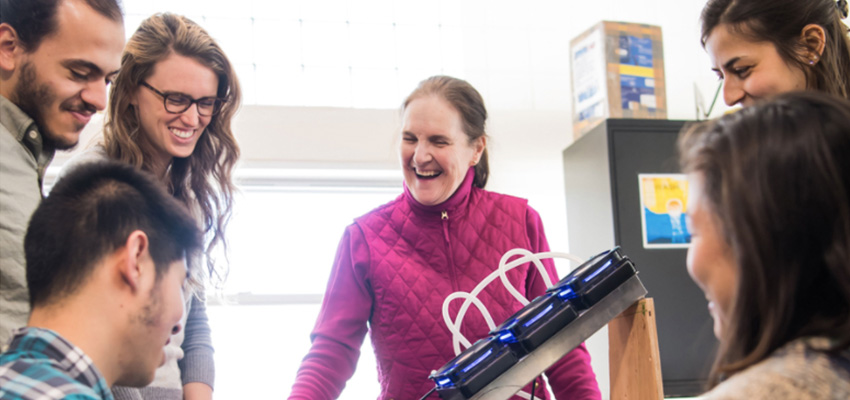
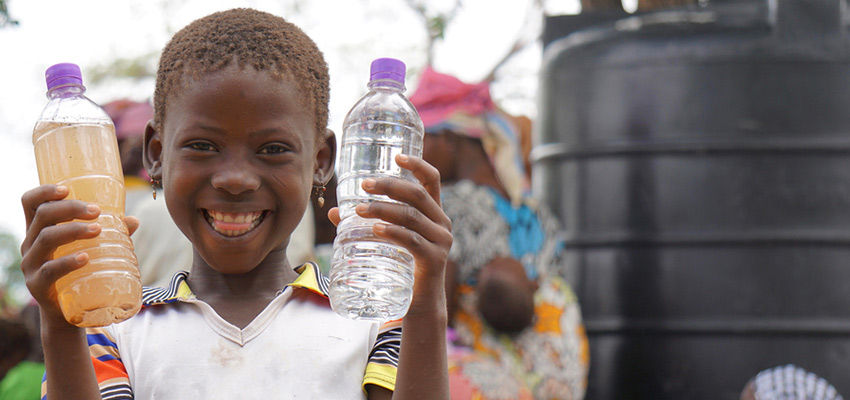
![More than 30 from MIT [including a D-Lab: WASH alumna and D-Lab Scale-Ups Fellow] named to Forbes 30 Under 30 lists](/sites/default/files/2018-12/Forbes%2030%20under%2030_0.jpg)
